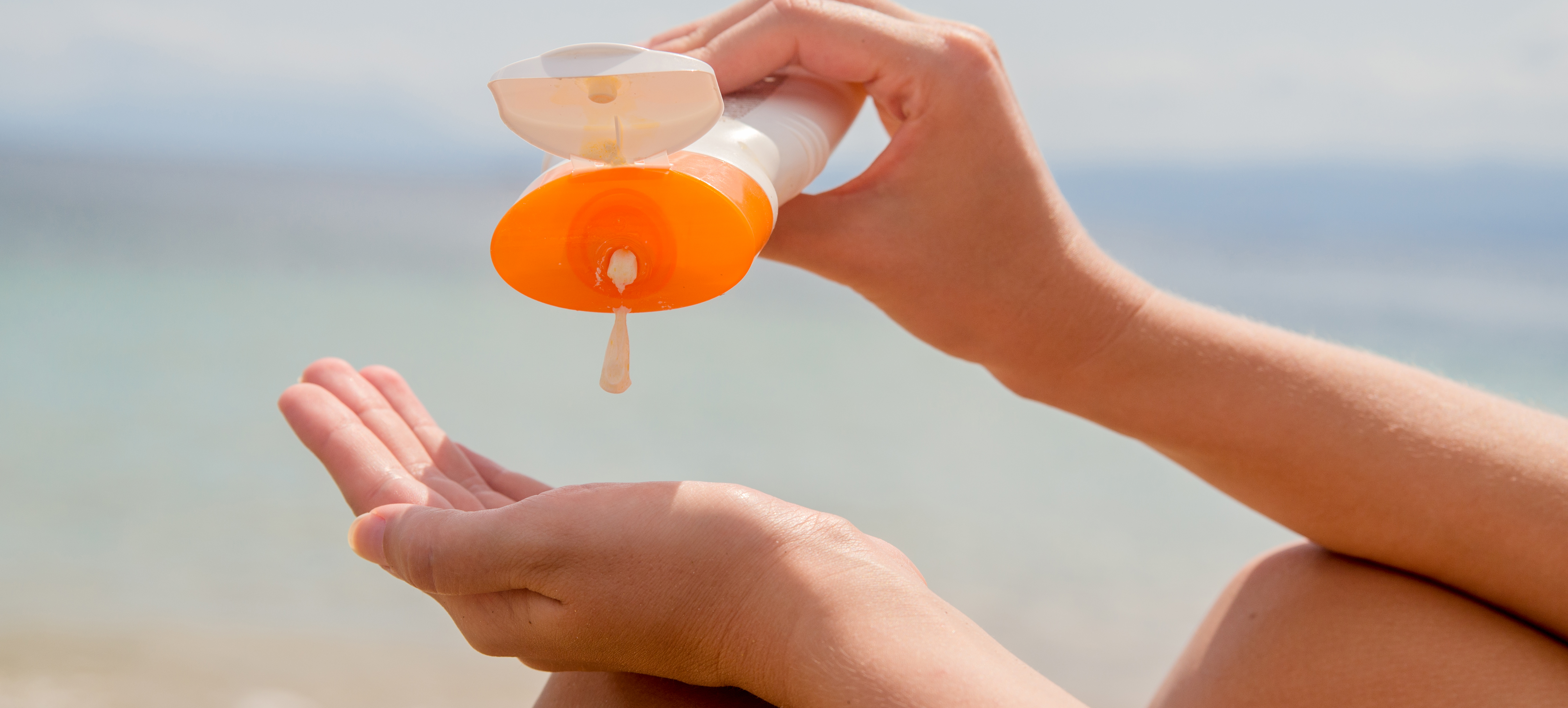Don’t Let Sunscreen Recalls Prevent You from Protecting Yourself
It’s summer, which means everyone should be reaching for their sunscreen before heading out the front door into the harmful rays of the sun. But you may want to check the label before you apply your sunscreen.
Both Neutrogena and Aveeno have issued voluntary recalls of some of their aerosol sunscreens after independent testing found they were contaminated with the cancer-causing chemical benzene.
Exposure to benzene can increase the risk of developing leukemia and other blood disorders, according to the National Cancer Institute.
But before you panic, it’s important to realize that a vast majority of tested sunscreens were free of benzene, and experts continue to stress the importance of sunscreen use to protect from the damaging effects of UV radiation, which can cause skin cancer.
The sunscreen products impacted by the voluntary recall include:
- NEUTROGENA® Beach Defense® aerosol sunscreen
- NEUTROGENA® Cool Dry Sport aerosol sunscreen
- NEUTROGENA® Invisible Daily™ defense aerosol sunscreen
- NEUTROGENA® Ultra Sheer® aerosol sunscreen
- AVEENO® Protect + Refresh aerosol sunscreen
According to Johnson & Johnson, the company that produces the recalled sunscreens, benzene is not an ingredient that is included in any of their products. The company said in a press release that it is investigating how the chemical contaminant impacted the finished aerosol sunscreen products.
Those products were distributed nationwide through a variety of retail channels and the company says they should be discarded. Consumers are encouraged to call the customer care number listed on the product to request a refund.
Regardless of the recall, doctors encourage the use of sunscreen, particularly those with an SPF rating of 30 or higher. To ensure you are protected, however, make sure it is applied correctly.
Consider these common mistakes many people make when using sunscreen:
- Believing that sunscreen alone provides enough protection – Sunscreen can help protect your skin from sun damage, but it should never be relied upon as the only line of defense. For instance, even if you are wearing sunscreen, you should still seek shade whenever possible. Also, for better protection, you should cover any exposed skin with clothing, such as a wide-brimmed hat, sunglasses, long pants and a long-sleeved shirt.
- Applying an insufficient amount – All exposed skin should be coated with sunscreen, including your ears, scalp, upper back and other hard-to-reach areas. Lotion sunscreens tend to provide more uniform coverage than sprays. You should slather on a full ounce of sunscreen at least 15 minutes before heading outdoors, and then reapply that same amount every two hours, as well as after swimming or sweating.
- Using an old product – Over time, sunscreen becomes less effective. For instance, temperature fluctuations can cause a formula to change in texture and separate, making it more difficult to adequately coat your skin. Be sure to discard sunscreen after its expiration date has passed.
- Only applying sunscreen when planning to spend time outside – The sun’s dangerous rays can potentially reach your skin even when you are inside a car or building. To help protect yourself from unintended sun exposure, make it a habit to apply sunscreen every single day. You might try applying facial and body moisturizers that have an SPF of at least 15 right after you bathe.
- Believing that a higher SPF always provides greater protection – Some sunscreens have impressively high SPFs – 70, 85 and even 100. This can provide a false sense of security, leading some people to believe that they can safely stay out in the sun all day without reapplying their sunscreen. But, as SPF numbers increase beyond 30, the difference in the protection they provide is negligible. It is still essential to use these products correctly.



